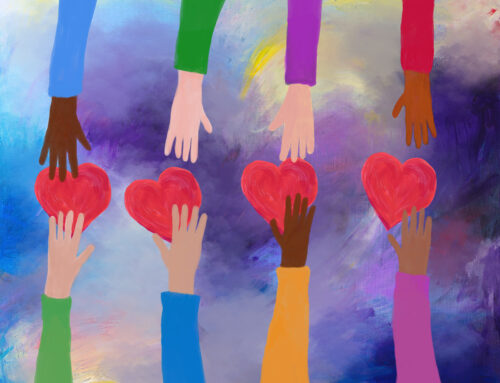Question: My child is getting ready to go into the third grade. Every year, we go through the same thing where my child seems depressed about returning to school. He has always done well in school, and I can’t figure out why we go through this every year.
Going back to school for a child is similar to changing jobs for an adult. The most secure adult has anxieties about change. These concerns, anxieties and fears are based on not knowing how we will do in a new situation. These same feelings are very real to children.
Based on years of watching children go through the process of returning to school, here’s what they fear most at each passage:
Kindergarten: Separation from an important adult; fears that awful things will happen to the important adult while the child is at school; getting into trouble with the teacher; not knowing anyone.
First Grade: Anything that has to do with a bus; having an accident in class; being different; being teased; report cards/grades and being passed to the next grade.
Second Grade: Keeping up with the class; feeling “dumb”; not being liked by the teacher; not being “picked” for school teams or playing activities.
Third Grade: Not being part of the “group”; not being good at sports; falling behind on schoolwork; parent conferences; missing recess; being held after school.
Fourth Grade: Not being chosen; friends’ approval; not being like everyone else; relationships; secrets; not being well-thought-of by the teacher.
Fifth Grade: Not passing; not making a sports team or being chosen last; losing friends.
Sixth Grade: Their own sexuality; appearance; being “cool”; failing school; peer disapproval.
Seventh Grade: Being a “leader”; not being a “leader”; sex; not being able to keep up with school work; managing time between school, friends and family; managing their emotions, unhappiness.
An adult can help the child by simply keying into what the child is feeling. “It is a very hard thing to ride a school bus, there is a lot to remember,” would be an appropriate response. Keying into a child’s feelings will give the child/adolescent the feeling of being understood.





